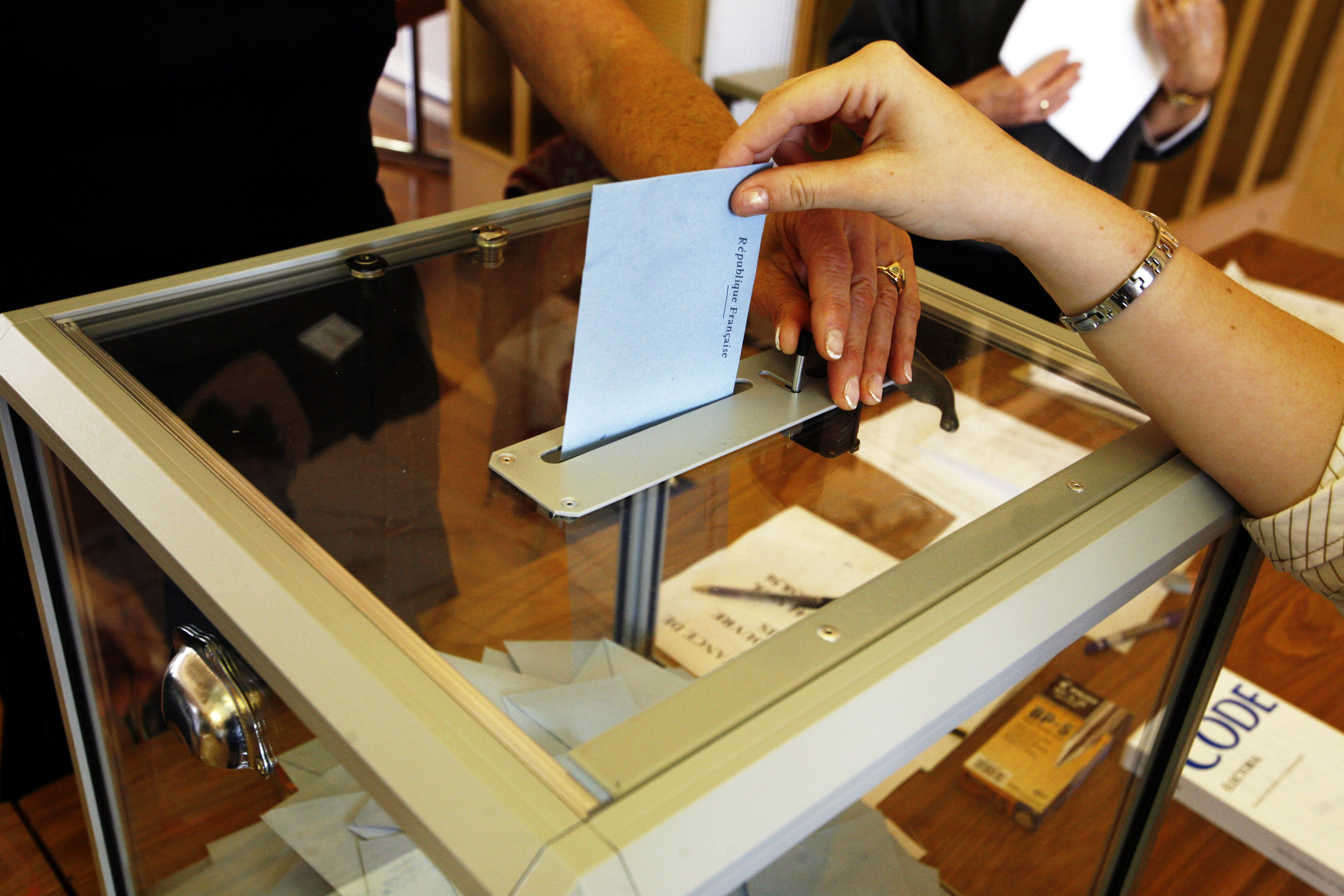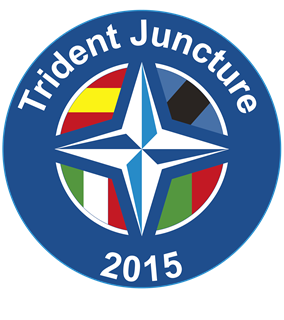The founding document of NATO, The North Atlantic Treaty, signed by the 12 founding members in 1949 and which forms the basis for all accession treaties, states that the signatories are “determined to safeguard the freedom, common heritage and civilization of their peoples, founded on the principles of democracy, individual liberty and the rule of law.” Thus, the defense of democracy has been an explicit aim of NATO from day one.
Cold War Ambiguity
However, the Atlantic Alliance’s relationship with democracy has always been more complicated than this. Portugal, under the authoritarian but staunchly anti-communist rule of António Salazar, was a founding member. Greece and Turkey, both early members whose democratic credentials waxed and waned over the decades, were never threatened with being expelled from the Alliance, as their contribution to the geopolitical balance was considered too important. In other instances, however, democracy was a clear prerequisite for joining.
Spain, ruled by the authoritarian Franco regime until 1975, had been a strong security partner of the United States in the struggle with the Soviet Union. Indeed, the United States tried to convince its NATO partners to let Spain join the Alliance in the Franquist regime’s twilight years. However, America’s allies rejected this motion in 1975, on the grounds that Spain did not adhere to NATO’s democratic standards. Thus the case of Spain, which ended up joining NATO in 1982 when its transition to democracy was completed, demonstrates that the democratic credentials of member states have always been important to NATO, even if sometimes overridden by security concerns.
Carrots and Sticks
Since the fall of the Iron Curtain, NATO’s relationship with democracy and democratization has changed dramatically. Indeed, rather than just being open to democratic countries, NATO has arguably played a significant role in bringing about democracy in transition states. Promoting democracy has become one of the main rationales for NATO’s eastward expansion in the last two decades.
The Alliance has promoted democratization in multiple ways. On the one hand, NATO membership, like membership in other international organizations such as the EU, has acted as a proverbial carrot to induce democratic reform. Indeed, the Study on NATO Enlargement released by the Alliance in 1995 laid down the principle that democratic reform was necessary for membership.
This has incentivized leaders eager to gain legitimacy, as well as gaining safeguards against Russian belligerence, to press for democratic reforms in their home countries, which they may otherwise have not done. The safety from external threats, guaranteed by NATO, has additionally eased transitions to democracy in itself, by weakening the need for over-powerful military establishments.
[captionpix align=”left” theme=”elegant” width=”300″ imgsrc=”http://www.nato.int/docu/review/2007/Military_civilian_divide/post-conflict_reconstruction_organization/files/1740.jpg” captiontext=”NATO has helped transition countries manage civil-military relations”]
NATO instituted the Membership Action Plan (MAP) to help transition countries make these necessary reforms. The MAP, which includes both political and technical advice, in addition to yearly meetings between NATO members and individual applicants to assess progress, has been the central tool in supporting countries along their path of reform.
Another way in which NATO expansion has helped foster democracy is by aiding transition countries in instituting civilian control over the military, a necessary condition for membership under the MAP. Military intervention in domestic politics is often held out to be a severe threat to democracy, and NATO support has mitigated this threat by aiding in designing institutional checks on military power.
In addition, the Partnership For Peace program has reduced regional tensions between applicant countries by providing a framework for dispute settlement. For example, Romania and Hungary were able to tackle the status of their minorities and borders without resorting to armed violence, due in no small part to NATO support and organizational infrastructure. In Macedonia, NATO played a similar stabilizing role by negotiating an agreement to end the Albanian insurgency in 2001.
Future Prospects
Thus NATO expansion has undoubtedly played a significant role in bringing about as well as maintaining democracy in Central and Eastern Europe. Moving forward, what could NATO’s future role be in promoting democracy? While committed to the values of its founding document, NATO is a collective security organization, and should not seek to expand its mandate. At the same time, NATO membership is open to all European countries sharing its values, and the Alliance should continue to help shepherd transition countries along the path to democracy.
Further afield, NATO should work closely with its international partners to help countries experiencing major political change enact reform in areas where its expertise lies. This is precisely the role that NATO is playing in Libya today, a post-conflict country struggling with reform. At the express request of the Libyan government, NATO is providing assistance in building security institutions from the ground up. The Alliance has engaged in similar efforts in post-conflict situations from Bosnia and Herzegovina to Kosovo.
This type of synergistic effort, with NATO providing aid in military issues, and international partners focusing on economic and political assistance, is surely the best way NATO can further its cause of peace and security, as well as supporting fledgling democracies.




